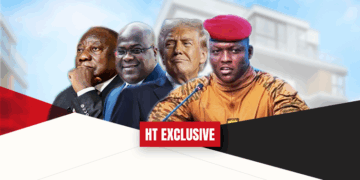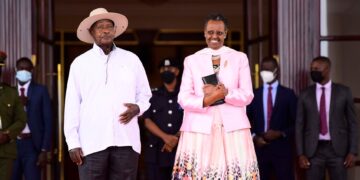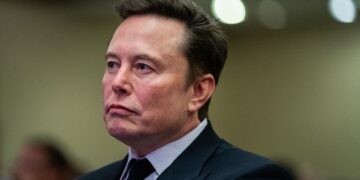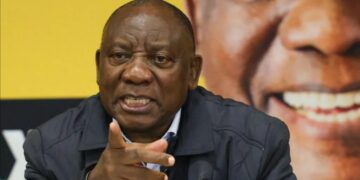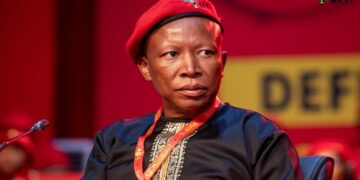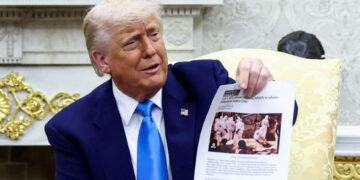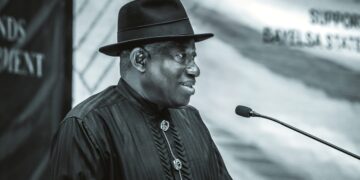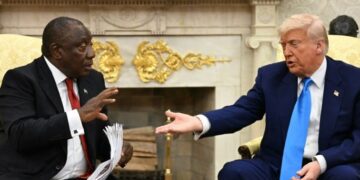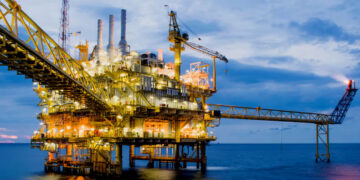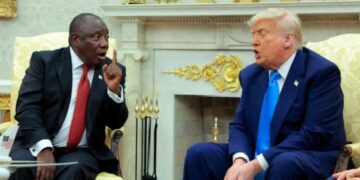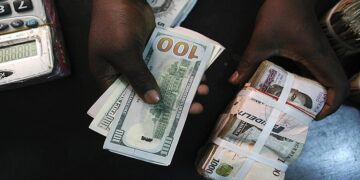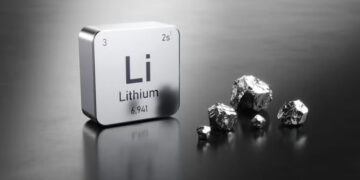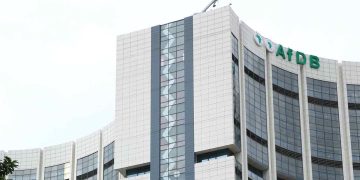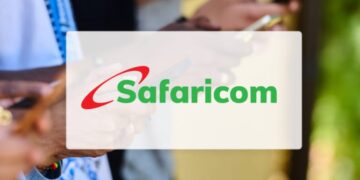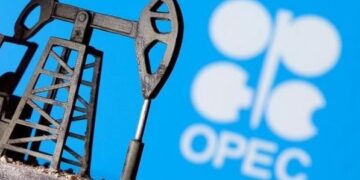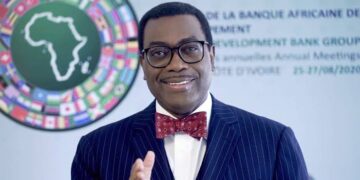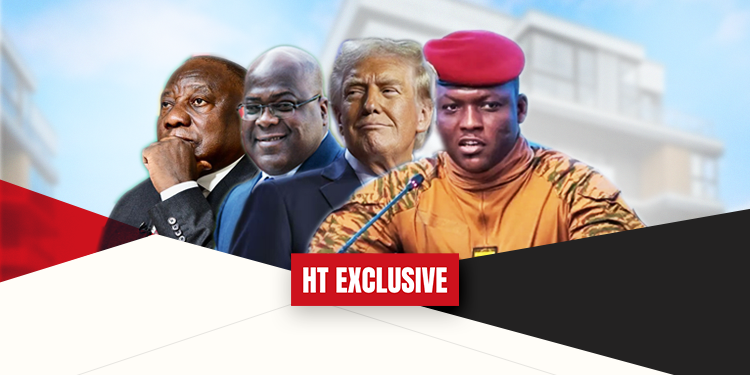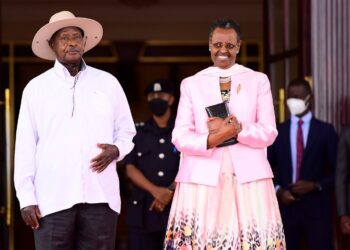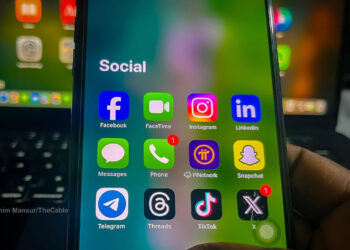By Emmanuel Nduka and Enyichukwu Enemanna
When President Donald Trump made his return to the US White House, many pundits predicted a bearish chapter for the African continent. Just a week after his January inauguration, Heritage Times HT published a skeptical analysis titled “Trump’s Second Missionary Journey: What Hope For Africa?” The piece cautioned against placing high hopes on U.S.–Africa cooperation under Trump’s renewed leadership, and instead called for African solutions to African challenges, citing the Burkina Faso-Niger-Mali alliance as a potential springboard for a more integrated and independent continent.
True to reality, those early warnings soon began to materialize in the form of U.S. policies seen as contrary to Africa’s development agenda. His top priorities was the abrupt suspension of the two-decade-old President’s Emergency Plan for AIDS Relief (PEPFAR), a critical initiative in the fight against HIV/AIDS across the continent. The wild Trump also slashed funding to the World Health Organization (WHO), a UN agency instrumental in combating disease outbreaks in Africa.
Further strains came with a series of Executive Orders, including one targeting South Africa’s land redistribution policy. Trump accused the South African government of forcibly expropriating land from white farmers. The claim would go on to ignite diplomatic tension, and culminate in the expulsion of South African Ambassador Ebrahim Rasool from Washington in March.
On the economic front, Africa has faced the brunt of Trump’s sweeping tariff policies. Nearly 50 African countries now contend with baseline tariffs ranging from 10% to 50% on exports to the U.S. Critics argue this is less about trade and more about leverage and a calculated strategy to bring African nations to the bargaining table, mineral wealth in hand, desperate for favour.
Despite continued calls for liberation from neocolonialism, many African governments appear to be advancing the very patterns of exploitation that have historically hindered their development.
At the heart of this is the Democratic Republic of Congo (DRC), where the M23 rebel group widely believed to have Rwanda’s backing, has occupied territory, displaced civilians, and destabilized the government. In response, President Félix Tshisekedi has offered the DRC’s mineral riches to the U.S. in exchange for security assistance. The deal grants American companies access to the DRC’s vast troves of cobalt, lithium, tantalum, and uranium, which are critical for the U.S.’s green energy ambitions.
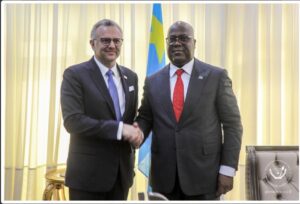
“As the world’s largest supplier of cobalt and a major producer of lithium, tantalum and uranium, the DRC’s resources are integral to US industrial competitiveness and national security,” a U.S.–Africa business advocacy group quoted Secretary of State Marco Rubio as saying in a March letter to Tshisekedi.
Though often cloaked in the language of “partnership” and “opportunity,” these deals perpetuate long-standing imbalances, enriching global powers while leaving Africa with meager returns.
In South Africa, where ties with Washington have frayed, President Cyril Ramaphosa has extended considerable concessions to draw favour from the Trump administration. Caught in the crossfire of rising domestic tensions between Black leadership and White supremacist elements, Ramaphosa appears increasingly vulnerable to political coercion. In a move seen as capitulation, he offered the U.S. preferential access to South Africa’s mineral and gas reserves, while also opening markets to American agribusinesses.
Among other compromises reportedly on the table is a proposal to green-light operations for Starlink, the satellite internet venture of Trump ally Elon Musk, as a gesture aimed at smoothing diplomatic tensions.
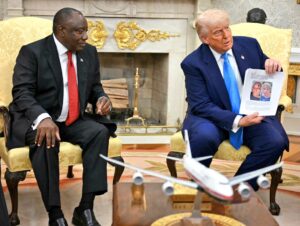
“We’ve got critical minerals that you want to fuel the growth of your own economy and re-industrialize. So, we have that on offer, including rare earth minerals,” Ramaphosa truckled before Trump in a recent White House meeting.
What Traoré Is Doing Differently
In stark contrast to this trend, Burkina Faso’s Captain Ibrahim Traoré is charting a radically different course. The 37-year-old junta leader has become a symbol of resistance against foreign exploitation and a rising icon of African self-determination and self-reliance. Rooted deeply in popular support, Traoré has captivated young Africans with his defiant stance and bodacious reforms.
While others look West, Traoré is tilting East, finding in Russia, a geopolitical ally and a partner that accords Africa mutual respect, just as it should be. Unlike the Trump administration often perceived as dismissive or exploitative, Russia, with its historic solidarity in Africa’s anti-imperialist struggles, offers an alternative grounded in mutual respect and strategic alignment.
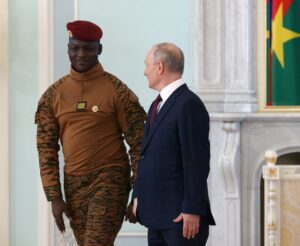
Early in May, Traoré was hosted by President Vladimir Putin during Russia’s 80th anniversary commemoration of victory over Nazism. At the Red Square, he declared:
“By attending the grand parade and wreath laying ceremony on May 9, 2025, marking the 80th anniversary of Russia’s victory over Nazism, I pay tribute to the Soviet Army and Allied troops.
“This historic victory is a source of confidence for me in the wholehearted commitment of my country and the AES Confederation to winning the war against terrorism and imperialism at all costs. The security of our States and the well-being of our populations drive and guide our daily actions.
“I welcome the mutually beneficial partnership between Burkina Faso and the Russian Federation.”
Captain Traoré is quickly emerging as one of Africa’s most admired leaders. To achieve its full potentials, Africa doesn’t just need heroes of the past, it needs visionaries writing history in real time. Traoré is doing just that.
Traoré’s Bodacious Curtain Raisers So Far
Since seizing power in September 2022, Captain Traoré has launched sweeping reforms aimed at economic sovereignty, infrastructure development, and cultural revival. He established the Postal Bank to reduce dependence on the CFA franc and inaugurated Burkina Faso’s first gold refinery to retain more value from its gold output. He has since nationalized key gold mines and launched the country’s first tomato concentrate factory. In early 2025, a major flour mill was unveiled to enhance food processing capacity.
Through the “Agro-Pastoral Offensive,” Traoré aims to reach 70% food self-sufficiency by 2027. His government has boosted agricultural production by distributing tools and expanding cultivation of staple crops like millet, rice, and tomatoes.
On the infrastructure front, the Electricity Sector Support Project has extended rural access to power and initiated new thermal plants. Water and sanitation upgrades now serve hundreds of thousands, while the under-construction Ouagadougou-Donsin airport is expected to bolster trade and tourism.
As per preserving the political culture of Burkina Faso, Traoré has taken decisive steps to dismantle French influence. He expelled French military forces, reinstated the Russian embassy, and elevated local languages over French in public administration, reigniting national pride and patriotism.
In a powerful nod to Burkina Faso’s revolutionary legacy, Traoré inaugurated a mausoleum in honour of Thomas Sankara. Still, significant challenges persist, particularly in restoring security to areas controlled by extremist groups.
Yet, despite the odds, Traoré remains steadfast. As Africa looks ahead, he offers a compelling vision of a continent not begging for favours, but forging its path, on its own terms, and accepting nothing less even from strong western powers.
